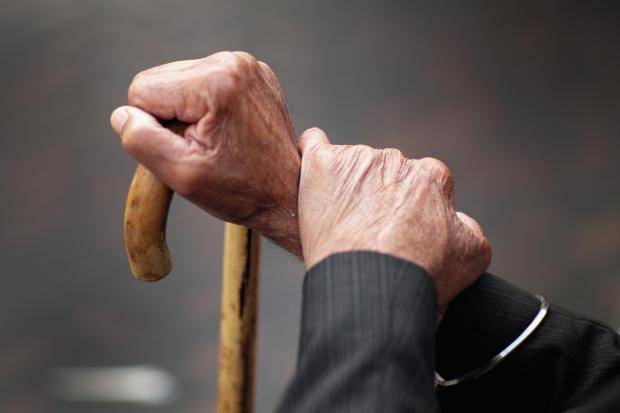
Washington, September 30 (QNA) – A recent study by researchers from the University of Florida revealed the impact of illness and lifestyle on aging of brain.
Researchers indicated that optimism, good sleep, social support, and the ability to cope with stress, as well as illness, all influence brain health and its biological age.
To determine the results, 128 young and elderly people participated in the study, some of whom suffered from painful conditions such as arthritis. Researchers monitored the participants’ social and health status and brain age over a period of two years, comparing their health and brain conditions to the participants’ actual ages. They found that the brains of people suffering from chronic pain age faster, while optimistic people who follow a healthy lifestyle had an average of eight years younger biological age than others, and their brains age at a slower rate.
Stress and financial problems have been shown to accelerate brain aging, whereas mental ease, social support, and a comfortable lifestyle improve brain health and protect it from premature aging. Additionally, maintaining a healthy weight, getting regular, deep sleep, and not smoking all help maintain brain health and protect us from memory loss and dementia.
Researchers have emphasized that healthy habits can be developed at any age, and that every additional measure, whether improving sleep or learning to manage stress, has tangible benefits for the brain.
Aging of brain is a natural process that leads to changes in brain volume, weakened communication between neurons, decreased blood flow, increased inflammation, and the accumulation of harmful proteins such as “Tau”. This process can be accelerated by factors such as smoking, obesity, lack of sleep, and unhealthy eating habits. (QNA)



